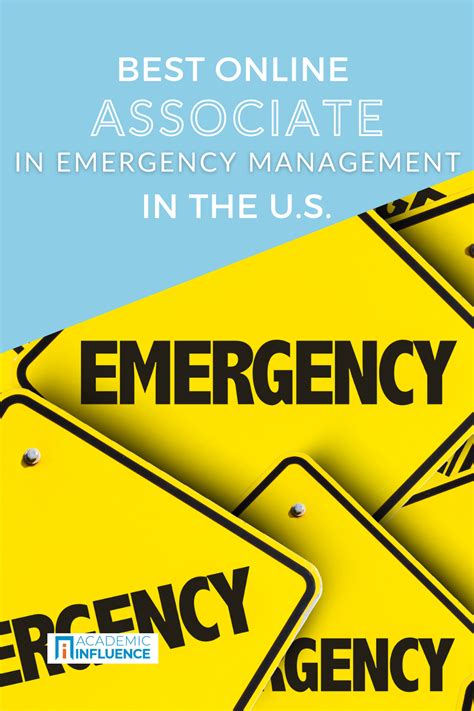- Learning Management Systems (LMS): Blackboard, Canvas, or Moodle.
- Video Conferencing Tools: Zoom, Microsoft Teams, or Google Meet.
- Virtual Simulations: Virtual reality or game-based simulations for immersive learning experiences.
- Discussion Forums: Online platforms for asynchronous discussions and collaboration.
- Cloud-Based Technologies: Cloud platforms for document sharing, collaboration, and data storage.
Faculty and Support Services
Strong faculty and support services are essential for online learning. Look for programs that offer:
- Experienced Faculty: Faculty with extensive experience in emergency management and research.
- Technical Support: Dedicated technical support to assist with any technological challenges.
- Virtual Office Hours: Opportunities to interact with faculty and peers during scheduled virtual office hours.
- Mentoring and Advising: Access to mentors and academic advisors to guide students through the program.
- Career Services: Career counseling, job placement assistance, and networking opportunities.
Career Outlook and Job Opportunities
Graduates with online emergency management degrees are in high demand in various sectors:
- Government Agencies: FEMA, Department of Homeland Security, and state and local emergency management agencies.
- Nonprofit Organizations: Red Cross, Salvation Army, and other organizations involved in disaster relief and recovery.
- Private Sector: Emergency preparedness and response consultants, risk management specialists, and corporate security professionals.
- International Organizations: United Nations, Red Cross International, and other humanitarian aid agencies.
- Academic Institutions: Teaching and research positions in emergency management programs.
Benefits of Earning an Online Emergency Management Degree
Online emergency management degrees offer numerous benefits:




